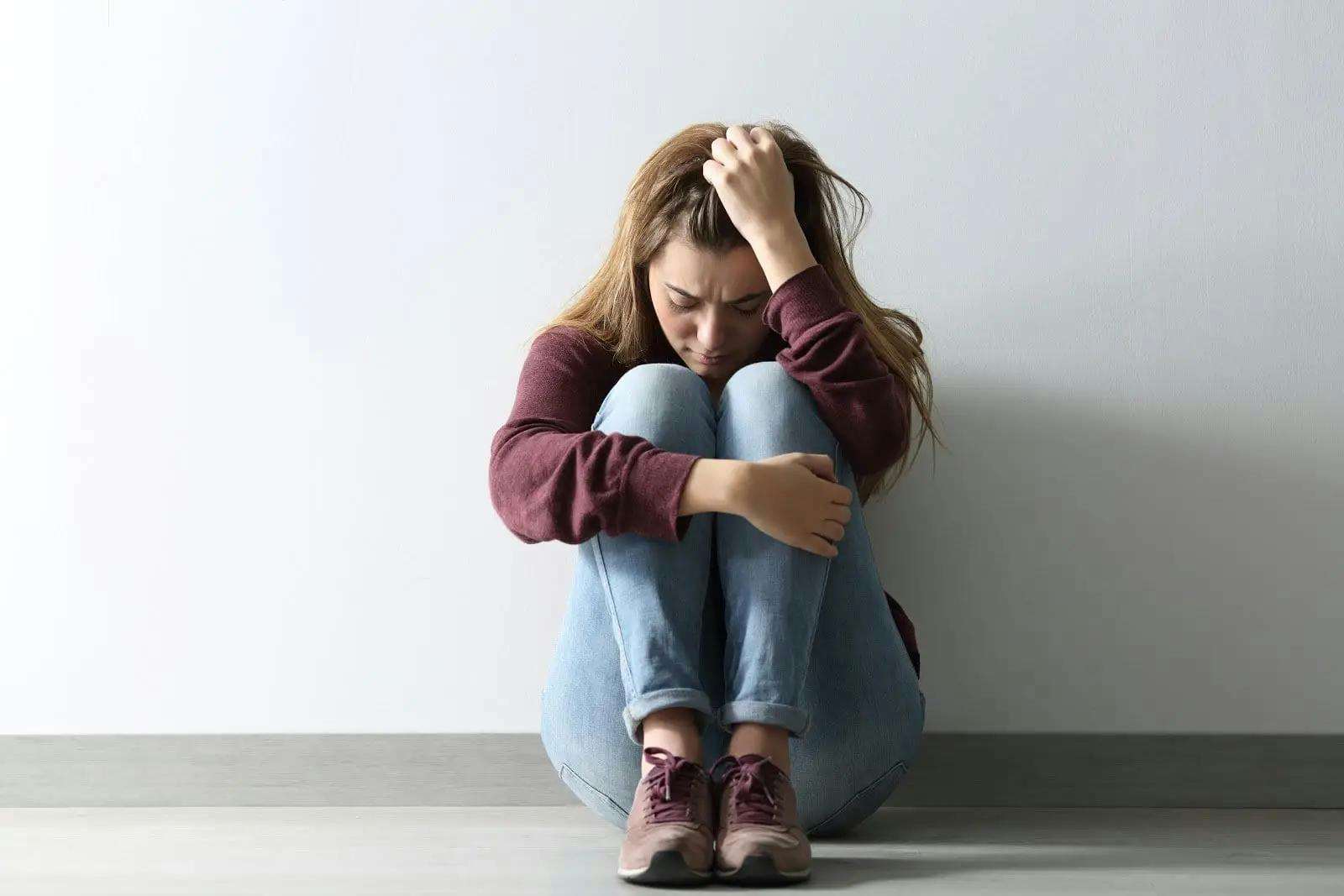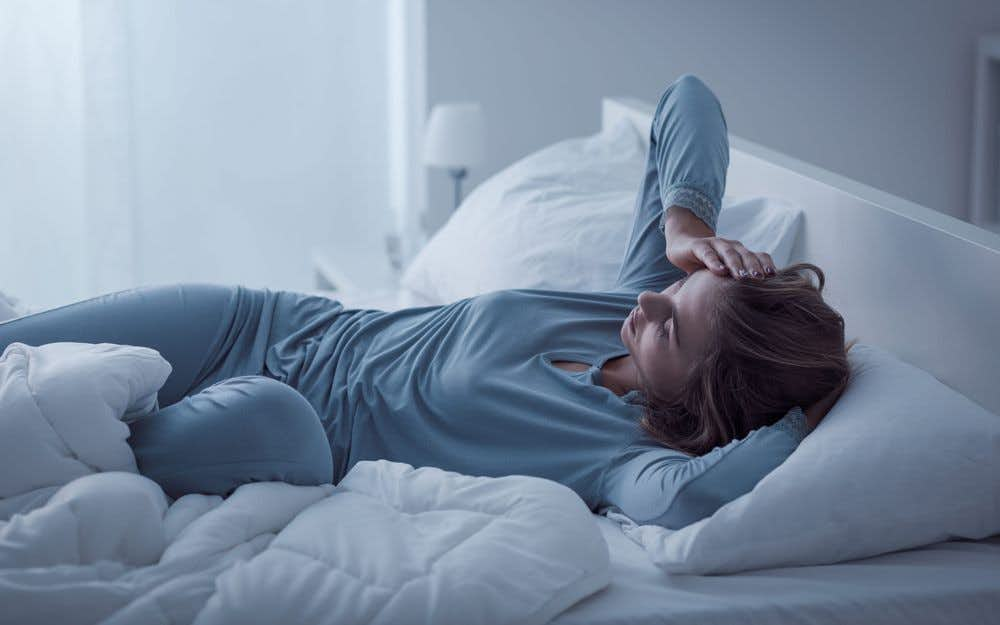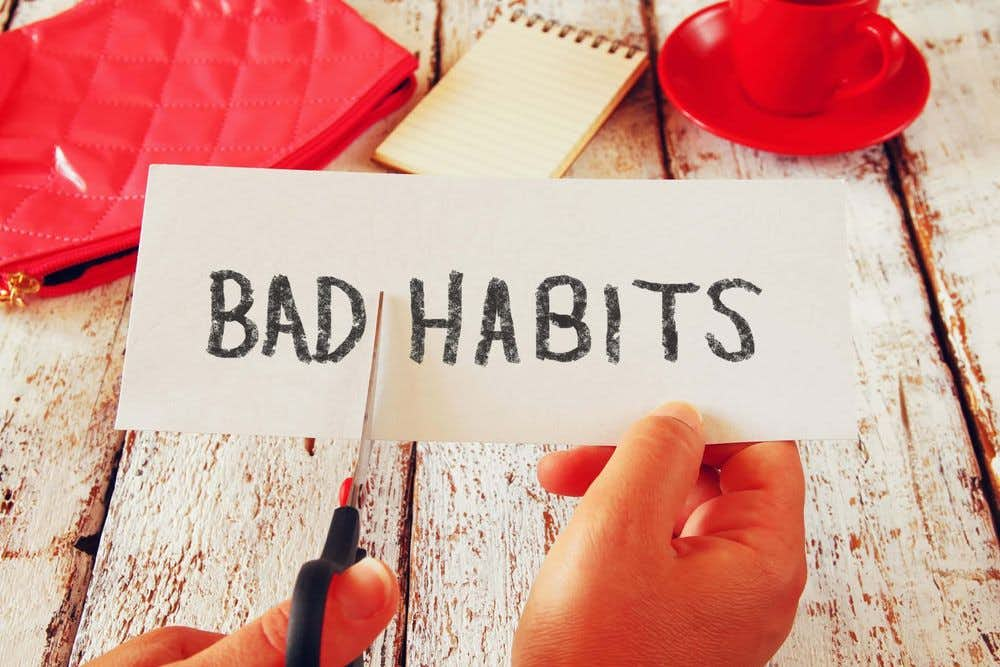August 24th, 2018

Worried? Nervous? Concerned? Just plain stressed? If you are any of these then you are no stranger to anxiety or at least feelings of anxiousness. For those people who deal with more than just everyday stress, you may be suffering from an anxiety disorder. There are five major types of anxiety disorders:
Many people suffer from anxiety, in fact, according to The Anxiety and Depression Association of America, “anxiety disorders are the most common mental illness in the U.S., affecting 40 million adults in the United States age 18 and older, or 18.1% of the population every year”.
Whether you suffer from an anxiety disorder or just experience bouts of anxiousness, it still has an effect on a person and can be interruptive to their daily lives. Anxiety can manifest from a series of complicated risk factors, such as genetics, brain chemistry, personality, and life events. Given that at some point in our lives we all experience some kind of loss, the drama surrounding family and friends, work-life balance challenges, pressures of society, among many other elements of being a human on this planet, we all deal with stress in one way or another.
When the human brain is under a certain level of stress, the human body can and will respond. Everyday Health notes that some of the obvious physical symptoms the body undergoes when experiencing stress include, but are not limited to:

When ongoing stress is present in our lives, there is only so much of it that the human body can swallow before it begins to reveal itself to the outside world. Every human copes with worry and concern in their own ways. Some of these coping manners turn into habits, particularly bad habits. The reason bad habits can develop during periods of anxiety is that we are so overwhelmed in our minds that we start to act out as a form of distraction. Some of the most common bad habits used to cope with anxiety include:
Dealing with distortion of body image and desire to lose weight by controlling food intake
Serious medical concerns are associated with an eating disorder due to the lack of nutrients to the body. Can have serious implications to the musculoskeletal and neurological systems, as well as organ functioning within the body
Development of habits that become disruptive to daily life
These habits can be hard to break as they form a sense of personal security around ourselves and our anxieties. Habits, especially bad habits provide a person with a sense of control. They feel that without the ability to cope with anxiety using their habit, they have no control and no outlet. Oftentimes people can be unaware that they are acting out by using a habit as it becomes part of who they are. To the outside world, especially those we are closest to may become bothered or annoyed by your habits. This can cause friction and anger, promoting more anxiety between friendships and relationships.
It is imperative to break the cycle of bad habits for yourself and those around you. Although it takes consistent hard work, with dedication and support you can make significant progress in your life with your anxieties. Surround yourself with family and friends to help support your process and your journey to recovery. Although the health severities on some of the above-listed habits can range, the importance of breaking your habit is the same. Reach out to a professional immediately if you do not have local or advisable support for help.

Sometimes breaking the cycle of bad habits needs to come from awareness and exposure to good habits. Good habits are used in the same fashion: for distraction, control, and security. Try some of these fun and healthy habits as a means to deal with your anxieties. Side note: if it’s too overwhelming to try something new right away, try some of these habits once you are over the bad habit.
Resources:
Our Services
Virtual/Online CarePHP and IOPAdult PsychiatryChild & Adolescent PsychiatryAdult TherapyChild & Adolescent TherapyCouples CounselingFamily TherapyGroup TherapyPsychological TestingTranscranial Magnetic Stimulation (TMS)